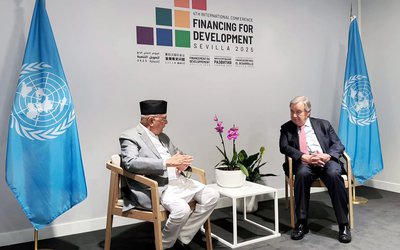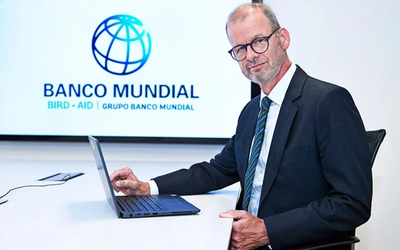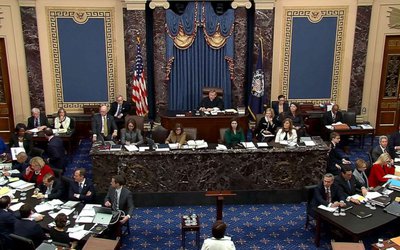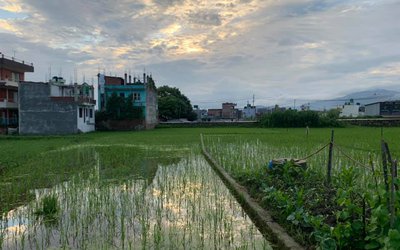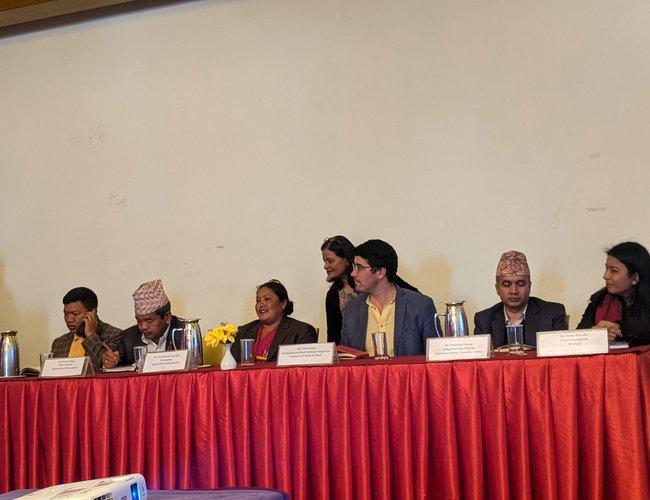
Seven elected representatives of Bagmati Rural Municipality serving on the Energy Development Sub Committee (EDCS) have started an initiative to distribute clean cook stoves and make their rural municipality smoke-free because they are sick of hearing agony and seeing women constantly visiting health facilities for chest infections and forests to collect fuel wood.
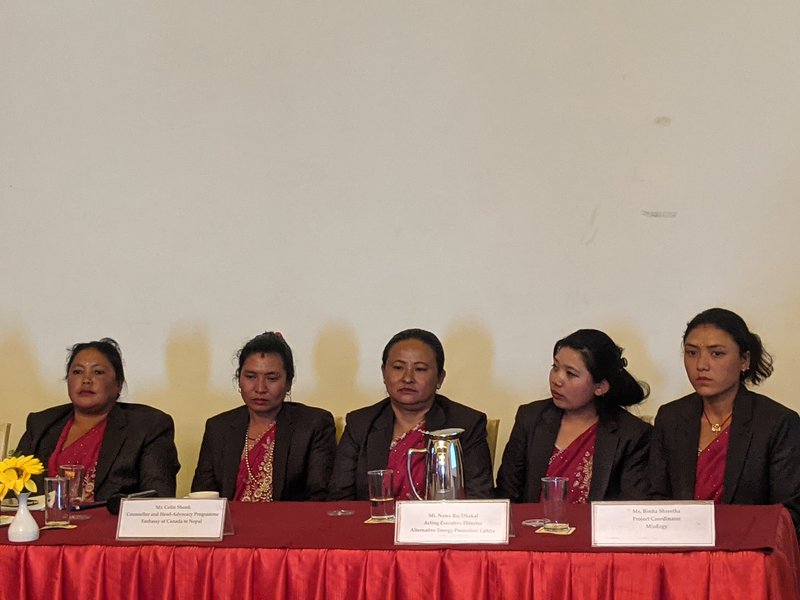
A team of seven women representatives led by elected municipality member Sun Maya Thing has already developed a plan to make all kitchens in the Bagmati Rural Municipality smoke-free. The members of EDCS are now ready to create an energy plan for the benefit of women after completing capacity-building courses and other training provided by MinErgy.
When seven women were elected to the Rural Municipality, they had no idea what their roles and responsibilities would be. They lacked the rudimentary legal knowledge necessary to understand how municipal entities, including the executive, assembly, budget, and planning processes, function.
"After taking the training classes offered by MinErgy, everything has changed. We were able to build up EDCS, planning, and budget thanks to the legal position of our job. We will never forget Binita Mam's assistance and guidance, according to Pushpa Thing, an EDCS participant and elected female member of the Bagmati Rural Municipality.
Speaking at a learning and sharing session for a recently completed initiative in the Bagmati Rural Municipality, elected member Thing described how seven elected women representatives went from being unassuming to being powerful.
The project Empowering Women Elected Member for Inclusive Municipal Energy Plan (MEP) Through Capacity Building in Bagmati Rural Municipality in Lalitpur, funded by the Canadian Fund for Local Initiative and carried out by MinErgy in partnership with Bagmati Rural Municipality, has demonstrated how things can be changed with wider effects by starting a small project.
Colin Shonk, Counselor and Head: Advocacy Program and Public Diplomacy, Media, Academic & Cultural Relations, Embassy of Canada to Nepal appreciated the value of the effort to empower women representatives after hearing their opinions.
"This project through an extremely challenging time, which included the COVID-19 Pandemic and elections. We find satisfaction in hearing the voices of the representatives," said Colin Shonk. He claimed that the initiative is significant from a Canadian point of view as well because supporting renewable energy is a key element of climate change policy. He said that the project backed the causes of climate change and women's emancipation.
These elected women joined the project following the elections in June of last year, even knowing the project would end in less than a year. Nonetheless, the project team was able to implant an empowerment agenda in women's minds, altering their perspective of elected women leaders and empowering them to create and successfully implement an energy strategy.
"On behalf of our team members participating in the program, I am happy to report that learning about the legal responsibilities, positions, and functions within the municipality, as well as the procedure for developing an energy plan, has altered our perceptions. Throughout the assembly and budget-making process, all the women members are now able to bring up the subject and express their opinions. We are now able to obtain funding for the implementation of the energy program from the municipality because of the training provided by the initiative,” said Thing.
The learning and sharing program was attended by a variety of stakeholders including the chair and vice chair of the rural municipality, elected women members, the head of the Alternative Energy Promotion Center, experts, the project manager, and personnel from MinErgy, who helped to understand how a modest program brings about a major difference.
The elected women members of the energy subcommittee were able to obtain funding for the distribution of 423 upgraded stoves following their plan in addition to creating a municipal energy strategy for the Bagmati Rural Municipality. According to the plan, the project provided a 60% subsidy for the distribution of improved stoves, with 30% provided by the Municipality and 10% provided by the Beneficiary households.
Together with leading clean cooking campaigns and the distribution of clean cookstoves at the community level, EDSC was also instrumental in the choice of stove models and the creation of a mechanism for the delivery of stove subsidies.
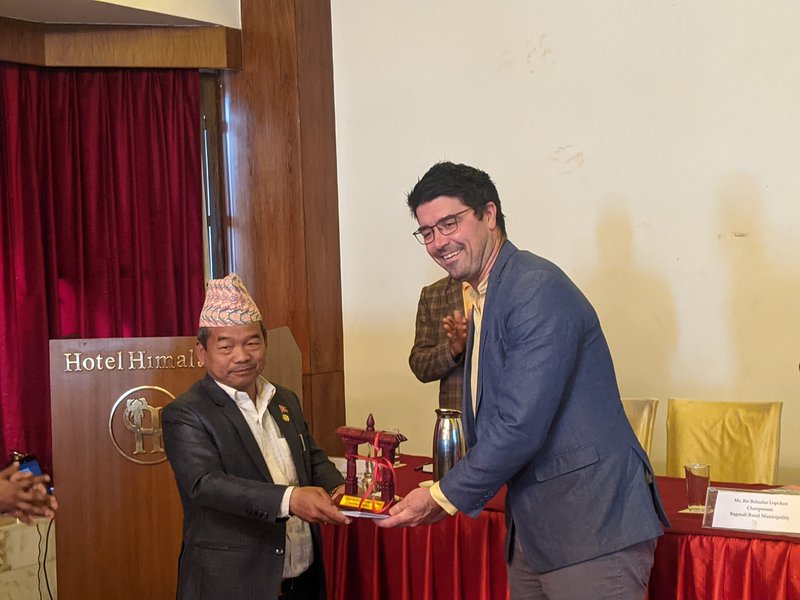
Although the project supported the distribution of stoves, EDSC developed guidelines for enabling socially excluded and marginalized populations to acquire clean cook stoves with the assistance of the CAO and the project team.
To fund energy projects, EDSC successfully negotiated a bigger percentage of the Rural Municipality's budget. Similar to this, the EDSC advocated for lessening the toil of women and persuaded the Municipality executive committee, through bilateral discussions and a meeting of the RM executive, to prioritize the installation of clean cook stoves above the installation of solar PV in the RM's new building.
“We created a municipal policy that was accepted by the Rural Municipal Board to distribute justly and honestly. We distributed the stoves following a standard that prioritized vulnerable, excluded, and single women,” said Bhim Kumari Moktan. “As a result of the distribution of improved stoves, homeowners' kitchens are now smoke-free, and the Bagmati Rural Municipality's experiences have demonstrated how wise energy use can enhance women's lives and give them more power.”
Everything in the household levels has changed since the deployment of better stoves. The stoves save wood, save cooking time, and nearly eliminate interior smoke. Women save time since the upgraded stoves use less wood and produce more heat, according to Thing's narration.
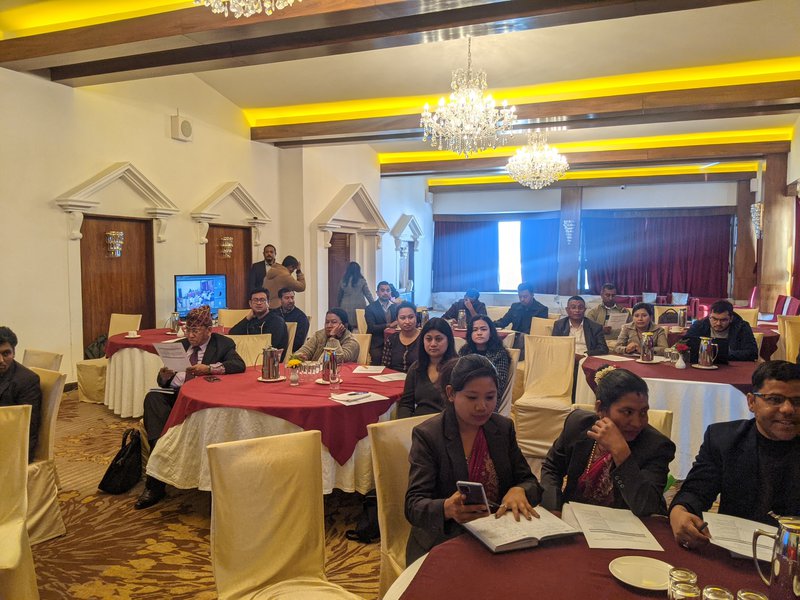
It's not just her either; Bhim Kumari, the another member, stated that the initiative has demonstrated how effectively developing an energy plan can promote the process of empowering women. "Our Municipality is as isolated as remote region like Karnali, even though we are fairly near the capital. Such initiatives that include women and give them fundamental planning information are needed more often.”
Speakers at a half-day learning and sharing session emphasized the value of programs that strengthen the capacity of elected women representatives to support the creation of rural energy plans.
"During its 18-month lifespan, this initiative went through two separate local structures. Newly elected women representatives are the group now represented on the committee, according to project coordinator Binita Shrestha, MinErgy. “We're pleased to report that the program has succeeded in empowering women who are elected officials.”
According to her, the committee's members can now create and carry out an energy plan. According to Shrestha, elected women officials now have more power.
She said that the endeavor was a first for the Bagmati Rural Municipality. According to Shrestha, "one of the project's significant accomplishments is the creation of a gender-inclusive five-year Municipal Energy Plan."
Acting Executive Director of Alternative Energy Promotion Center (AEPC) Dr. Nawaraj Dhakal stated energy may play a significant role in empowering women during the meeting, which was presided over by Bir Bahadur Lopchan, chairman of Bagmati Rural Municipality.
He declared that AEPC is prepared to cooperate and engage with organizations like MinErgy and the local level to put clean cooking plans into action. According to Dr. Dhakal, local governments must create and carry out a plan for clean cooking to be successful. "The project's lessons will also assist others to implement projects that are similar."
The initiative increased Bagmati Rural Municipality's capacity to create a municipal energy plan that takes gender equity into account (MEP). The goal of the project was to create and include a mentoring and empowerment training program in the nine-step Municipal Energy Planning process.
"The empower strategy aimed to bring together three different sources of community energy. Resources-focused interventions tailored to the local environment and community preferences, empowerment training with a focus on individual agency and leadership, and energy-services framing that acknowledges the interdependence between equity, sustainability, and community resilience were among them, according to Shrestha.
"Bagmati Rural Municipality should be proud for putting such a program in place that allows our elected women representatives to create an inclusive energy plan. Women are a major source of energy in the home and kitchen. They played a crucial leadership role in the development of the integrated project, according to Bir Bahadur Lopchan, the municipality's chairman.
Energy plans and strategies are frequently criticized for being technocratic, supply-driven, and top-down. The bottom-up strategy, however, empowers. According to Dr. Ashma Vaidya, emPOWER* Expert, the top-down method of developing policies and planning programs gives little room for the intended populations to support the suggested solutions.
A rural municipality like BRM can play a significant role in changing the conventional approach of making energy plans and policies and increasing equality and inclusion features of the Municipal Energy Plan because the Constitution of Nepal grants great power to local governments.
Usha Maskey Mananddhar, an emPOWER* expert, noted that despite holding important leadership positions, women frequently resent sharing their gender-specific expertise and experiences in settings where men predominate. "This project demonstrates how to alter it."
The contextualization of empowered entrepreneurs in the training manual, the training handbook, and the integration of human-scale energy services into agency-based empowerment training are all part of the emPOWER* process, according to a technical expert.
One of the main aspects of the project was the fact that EDSC has been in charge of supervising the implementation of energy sub-projects and closely observing the Municipal Energy Program. The Municipal Energy Plan affected the development and implementation of projects in Bagmati, according to Binod Prasad Shrestha, Deputy Chief Technical Advisor, for REEEP/GIZ.
During the distribution of cooking stoves, the organization prioritized activities based on available resources mobilized a conditional grant and allotted additional internal resources. The most significant thing is that we can see the EDSC actively participating, according to Shrestha.
The initiative has demonstrated that the empowerment of elected women representatives by allowing them to take the lead in the planning and implementation of Municipal Energy Programs ultimately empowers the entire women's community.

Keshab Poudel
Poudel is the editor of New Spotlight Magazine.
- FOURTH PROFESSOR Y.N. KHANAL LECTURE: Nepal-China Relations
- Jun 23, 2025
- Colonel JP CROSS: Centenary Birthday
- Jun 23, 2025
- REEEP-GREEN: Empowering Communities with MEP
- Jun 16, 2025
- BEEN: Retrofitted For Green
- May 28, 2025
- GGGI has been promoting green growth in Nepal for a decade: Dr. Malle Fofana
- May 21, 2025

